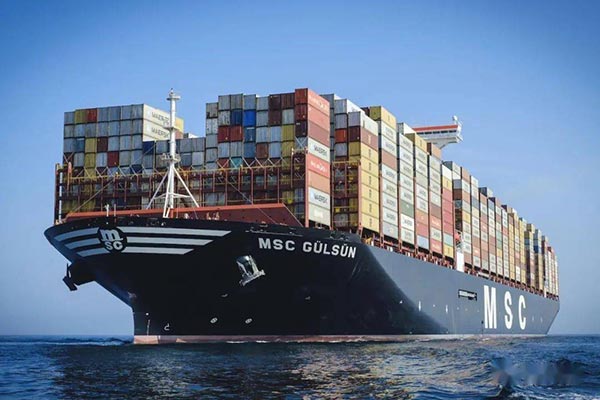
The Sweet Export Journey: How Chinese Honey Crosses Oceans to Win International Markets?
As a veteran with 20 years of experience in foreign trade, I have witnessed the remarkable transformation of Chinese honey from a "local specialty" to an "international favorite." Today, Chinese honey is exported to over 50 countries and regions, including Europe, America, Japan, and South Korea, with annual exports exceeding 200,000 tons. But did you know? Every jar of honey that travels overseas must pass the "sweet test" of customs.
This article provides a detailed analysis of the entire export process for Chinese honey, from enterprise registration to customs supervision, revealing the customs journey of a jar of honey from the apiary to the international market.
Just as students must register before enrolling, honey export companies also need to "check in" with customs first. According to the "Import...Export foodAccording to the "Safety Management Measures," all food export enterprises must establish a comprehensive food safety control system, which serves as the company's "health certificate."
- Filing Requirements:Enterprises must establish a HACCP system (Hazard Analysis Critical Control Point) including a food protection plan
- Application Method:Apply online through the "Internet + Customs" platform, with one-time registration valid indefinitely.
- Professional Advice:We recommend preparing materials 3 months in advance. We once assisted a company in completing filing within 3 days
April 23, 2025
I remember back in 2018 when the EU raised its honey import standards, many companies suffered losses due to non-compliant apiary management. Now, customs requires that apiaries supplying honey for export must be registered—it's like giving apiaries an "ID card."
The most critical part of the filing materials isBeekeeping medication management systemandTraceability system. We have a client whose products successfully entered the strictest Swiss market by establishing a comprehensive electronic traceability system.
- 15 types of materials need to be provided, including beekeeping logs and medication records
- The apiary must sign a supply agreement with the export company
- Customs conducts regular on-site inspections, similar to "random drug testing."
The International Journey of a Sweet Business
When everything is ready, the real "sweet journey" can begin. When declaring through the "Single Window," these materials are essential:
- Export contract and invoice
- Product testing report
- Proof of Origin
- Health certificate (required by some countries)
Customs will conductInspection on site.andSampled testing, focusing on indicators such as antibiotic residues and moisture content. Last year, one of our honey batches was returned due to exceeding the moisture limit by 0.5%, which was a profound lesson.
A Required Course Before Export: Enterprise Registration
Obtaining the "pass" is just the beginning, as customs supervision is like real-time GPS tracking:
- Routine inspections:At least once a year, focusing on production records
- Annual audit:Conduct a comprehensive "health check" on the corporate quality system
- Foreign notification verification:If issues are reported from abroad, Customs will initiate a special investigation
Remember to remind customers:The shelf life of exported honey should be 3-6 months longer than domestic productsbecause sea shipping and customs clearance may require additional time.
Sweet Tips: Wisdom from a Seasoned Foreign Trade Veteran
Based on 20 years of experience, I've summarized these "Sweet Rules":
- Understand target country standards in advance, such as the EUs stricter requirements for heavy metals
- Establish a complete traceability system with full traceability from apiary to shelf
- Maintain production records for at least 2 years to handle potential traceability inspections
- Cooperate with reputable testing institutions to avoid reports being rejected
Last year we helped a Yunnan company successfully enter the German market - the key was preparing according to EU standards 6 months in advance, with all final product tests meeting requirements. This proves:Compliance isnt a burden, but a golden key to international markets.
Watching jars of Chinese honey go global, as a foreign trade professional, this sweetness is more intoxicating than the honey itself. I hope more companies can navigate this sweet export path, letting the world taste the authentic flavor of Chinese honey.


 Follow Customer Service WeChat
Follow Customer Service WeChat